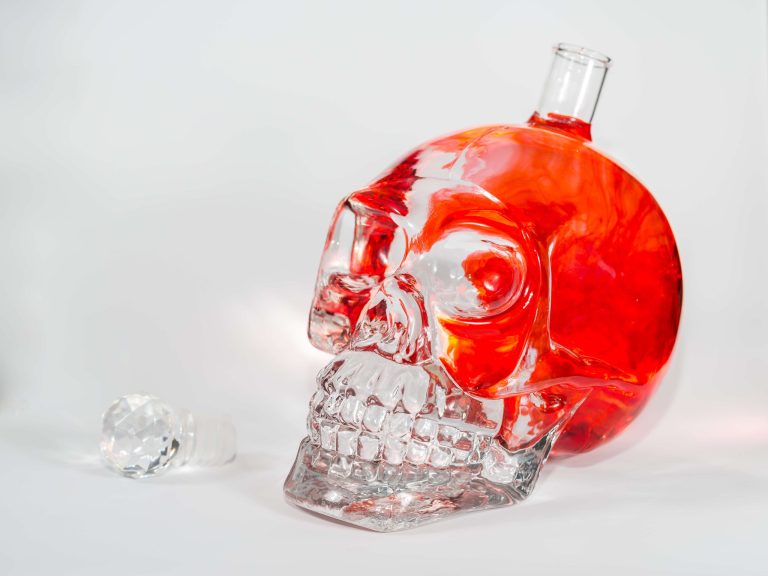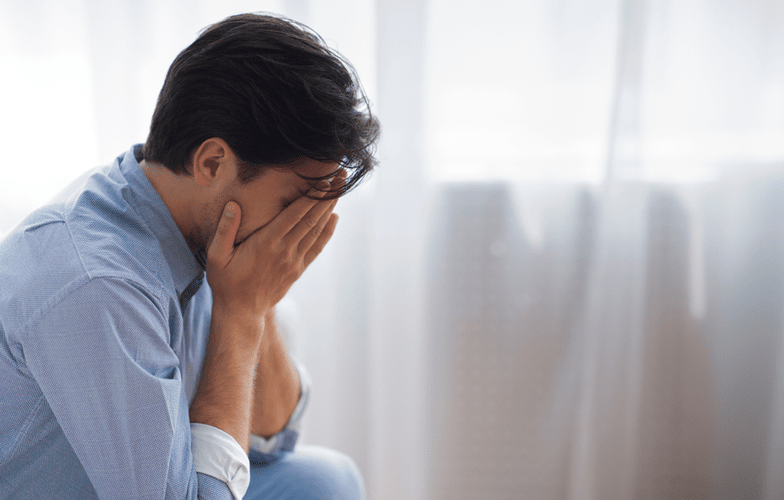The problem can be fixed somewhat with special eyeglasses or contact lenses. The main symptom is blind spots in your vision that gradually get bigger. When the pupils don’t dilate or constrict properly, it indicates the onset of a vision problem.
It is important to prioritize one’s health and well-being when consuming alcohol to minimize any potential negative effects on vision. Another method to prevent blurry vision after drinking is to stay properly hydrated. Alcohol is a diuretic, meaning it promotes fluid loss and can cause dehydration. Dehydration can have several negative effects on the body, including dry eyes and blurry vision. To counteract this, it is important to drink water before, during, and after consuming alcohol. This will ensure that the body remains properly hydrated and decrease the likelihood of experiencing blurry vision.
Alcohol and Eyesight Loss
They saw halos and starbursts, had difficulty seeing contrast, and experienced longer recovery time after a bright light was shined in their eyes. One study found that having a 0.08% blood alcohol level (the legal limit for driving in most states) can affect various types of eye movements in healthy young adults. The presence of a specific type of nystagmus (rhythmic involuntary eye movements) can actually help police decide whether to arrest a driver for drinking and driving. Long-term excessive drinking can permanently damage your eyesight and can even lead to blindness in some cases. Sure, we know that drinking affects our vision and can cause blurred or double vision, especially at night.

Cutting back on your alcohol intake is a good way to start being healthier and protect your eyesight. Here are some tips in to minimize your alcohol consumption and help prevent eyesight problems. The optic nerve is in charge of sending impulses from the retina of the blurry vision after drinking alcohol eye to the brain. Optic nerve damage is very closely linked to neurological damage sustained by the brain when partaking in heavy drinking. Because the optic nerve is made up of neurological transmitters, it can become damaged by alcohol, just like in the brain.
Sensitivity to Light
When a person is intoxicated, the color of their eyes changes significantly. A summary of studies performed on the efficacy of intravenous erythropoietin and high-dose corticosteroid as a medical treatment for methanol toxicity. No reliable sourcing indicates how many people experience vision issues due to alcohol. Prevention may be the best way to improve a person’s outlook for their eyes and other aspects of mental and physical health in relation to alcohol. The National Institute on Alcohol Abuse and Alcoholism (NIAAA) defines drinking in moderation as limiting intake to two drinks or less per day for males and one drink or less per day for females. Our experienced staff at The Woods at Parkside has been delivering evidence-based addiction treatment for over 20 years.

But while these effects are temporary, even a small amount of alcohol can cause the uncomfortable effects of eye dryness. On the other hand, chronic alcohol consumption will negatively affect the entire body. For example, if you notice the whites of the eyes are turning yellow, this is actually not an eye condition. Rather, this is a liver issue called jaundice which may indicate alcoholic hepatitis or inflammation of the liver. Optic neuropathy is a condition which is developed as a result of drinking or smoking excessively.
What Drugs Cause Changes in the Eye?
Not many would think that too much alcohol could cause permanent vision damage. Blurry vision after consuming alcohol is a common complaint among some individuals. While it may be seen as a temporary side effect, there are cases where underlying medical conditions contribute to this issue. Understanding these conditions can shed light on why some people experience blurry vision after alcohol consumption. Additionally, taking breaks between alcoholic beverages can help prevent or reduce the occurrence of blurry vision. Pacing oneself and allowing the body time to metabolize the alcohol can help mitigate the effects it has on the optic nerve.
- In conclusion, alcohol can have a significant impact on the eyes and can lead to blurry vision.
- Light to moderate alcohol consumption should not have a lasting impact on your vision.
- In conclusion, while blurry vision after alcohol consumption is often seen as a temporary side effect, there are underlying medical conditions that can contribute to this issue.
- While this phenomenon is temporary and typically resolves on its own, it is important to prioritize hydration, rest, and general eye care to alleviate and prevent blurry vision after drinking.
- Possible treatments include corrective lenses or glasses to correct blurred or distorted vision and use of eye drops to address bloodshot eyes.
Here are some of the most common ways that alcohol can affect the eyes. They may also be able to point you to resources to help you cut back or quit drinking to help you improve the health of your eyes and your overall well-being. Drinking large amounts of alcohol may temporarily but significantly increase the size of your pupils, though effects can vary from person to person. Mohan Garikiparithi got his degree in medicine from Osmania University (University of Health Sciences).
See your eye doctor
Symptoms of AMD include faded colours, blurry vision, and deteriorating central vision, so early detection and treatment is vital to prevent this. A common side effect of drinking is dry eye disease or exacerbating the effects of pre-existing dry eye. This occurs when the eyes don’t produce enough tears, when the tears aren’t of the right hydration balance, or when they evaporate from the eye too quickly.
This happens when the blood vessels in the eye become irritated and enlarged. Some Problems From Heavy Drinking
Double and distorted vision can occur from information that is slowed down between the eye and the brain. Decreasing the reaction time for the pupils to dilate, alcohol can impair the ability to see different color shades or adjust to lighting differences.

Comment (0)